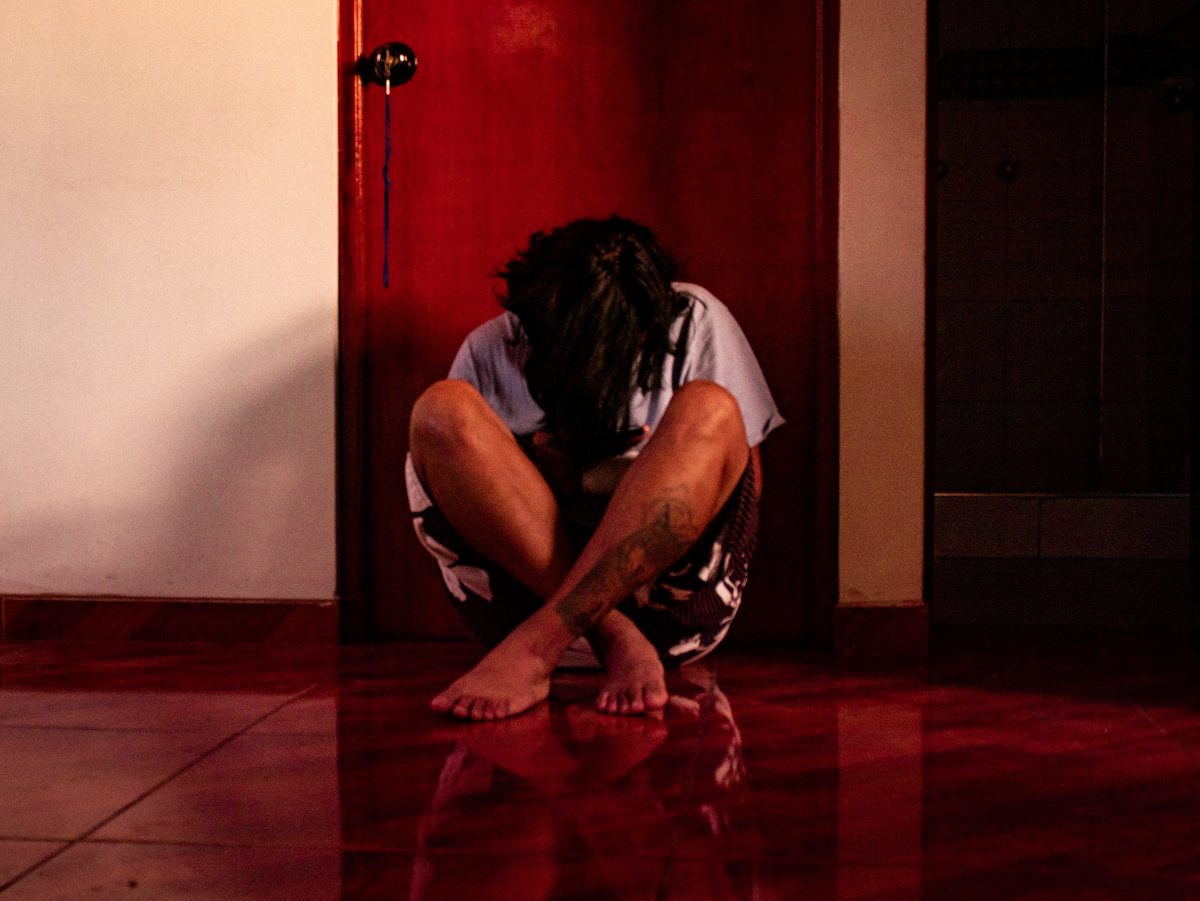Consulting alternative social media is one way to improve your research game. Recently we talked a lot about researching, asking better questions and making your own decisions. If we want to make informed decisions, it’s essential to have access to all information. Algorithms that decide which information to show us and what to withhold are detrimental to this process. Considering this and political censorship, it’s evident that the mainstream social media platforms and big tech search engines are not our friends when we want to see the complete picture.
Luckily, many projects are out there, who try to do a better job by providing decentralized and censorship-free platforms.
Why we need options
As mentioned above, we need alternative social media platforms to access as much information as possible. We need to decide what we want to read, instead of handing over this decision to automated processes or artificial intelligence.
The second reason is the necessity of free speech. If we can’t hear others opinions, we can not include their ideas in our thought process. Even if we disagree with statements, it is imperative to know them if we want to make well-informed decisions. We need to have discussions, even if they are inconvenient.
The disadvantages of alternative social media
The one critical disadvantage of projects competing with Facebook, Instagram, Twitter, Youtube and more is their smaller userbase. It devalues these platforms for doing business. A big user base is beneficial to find new customers or business partners. All the major players are built in a way that benefits businesses and advertising. For the savvy businessperson, that is the purpose of mainstream social media: find your audience and connect with them.
The second major disadvantage is the dark side of an uncontrolled environment – it is not a safe space. Every content is equal. Therefore you will find all kinds of offensive content, extreme and radical opinions that reach from plainly stupid over misanthropic, and straight-up illegal stuff as well as scams that are after your money. On the other hand, all of this is happening on the major platforms as well, you just don’t see it, because you never clicked like on one of those.
These unregulated spaces are a fantastic playground for everyone who is used to think for themselves.
Some basics to know about the tech
I want to clarify some terms that we use in this space, so you are aware of their meaning. Not too much depth and details, but enough to know about its implications.
Open Source projects publish the source code of their applications. Everybody interested can look at the code and evaluate what it does. The projects function is transparent. This transparency usually ensures that there is no hidden malicious code and fewer bugs. The opponents of the Open Source idea suggest that knowing a source code inside out makes it easier to exploit it, but in most projects, the opposite is the case. The communities working on and supporting these projects are effective in making their code secure. If one finds a potential exploit, it is often fixed way faster, than on proprietary systems.
Decentralization means that an application or system runs on many different computers, owned by many different people. In a centralized system, one server or many server clusters are owned by one company or entity. In a centralized system, the entity who controls the servers is in full control – like in a dictatorship. Decentralization works like direct democrazy as no single part of the network can change any rules alone. The strength of a decentralized network is in the number of people participating.
Blockchain is a technology that processes and stores data as a long list of so-called blocks. Usually, things are not deleted but kept forever, and the current status is the result of all blocks that have been added. The most popular use-case for blockchains is cryptocurrency, but we can use it for many things that are not cryptocurrency-related as well.
Here is my list of alternatives for social media in 2021
- Minds.com is an alternative to Facebook. Everybody who follows you will have your content in their feed. There are tools to boost your content to people who do not follow you. These boosts work via the Minds Token (ERC20) that you will earn slowly using the network. If you want you can also buy that token, but there is no need. Minds is open source and built on the blockchain.
- LBRY/Odysee is a blockchain-based decentralization protocol to host content. It can host all kinds of content, but right now it is primarily a competitor to youtube. There are many projects available, and you can start your own. You can access the LBRY via those apps or in your browser via Odysee.com.
- Mastodon is a decentralized, open-source version of Twitter. You can host your own Mastodon server. In that case, you decide if you want to connect it to the global network or run your own small Twitter competitor.
- Aether is a peer-to-peer alternative to discussion forums like Reddit. Its focuses on privacy, transparency and democracy. Content is online for six months and then gone forever. If it is important, you better save it. There are moderators on aether who are elected by the community.
- Diaspora is one of the oldest decentralized social networks. It is open-source and everyone can host their own version.
- DTube is an open-source Youtube clone. It has the same functionality to boost content to non-followers as minds has, and you earn their native crypto token if people consume and like your content.
- Bitchute.com is another decentralized Youtube alternative often attacked as a home for right-wing and nazi content. This is a side-effect of being decentralized, not censoring, and can happen on every decentralized platform. Also, there is a rumour of Bitchute not being decentralized. I could not find out if that is true or not.
- Signal is an open-source messenger that you can use to replace WhatsApp, the Facebook Messenger or similar candidates.
There are far more options out there than the ones I listed here. I went with the ones that I know personally and found the most useful in my own work. Do your own research and find the platforms that work best for your needs.
Closing thoughts on alternative social media
Be aware that you are entering the wild west of social media. You can find gold or catch a bullet on all of these social media platforms. But so can you on the mainstream ones. It is your responsibility to find the communities that work for you and make your life better.
Also, some of these platforms and apps are not as easy to handle or navigate as their mainstream counterparts. That and the smaller user base are the reason why they are only slowly adopted. But if you care for the information, that should not be an issue.




